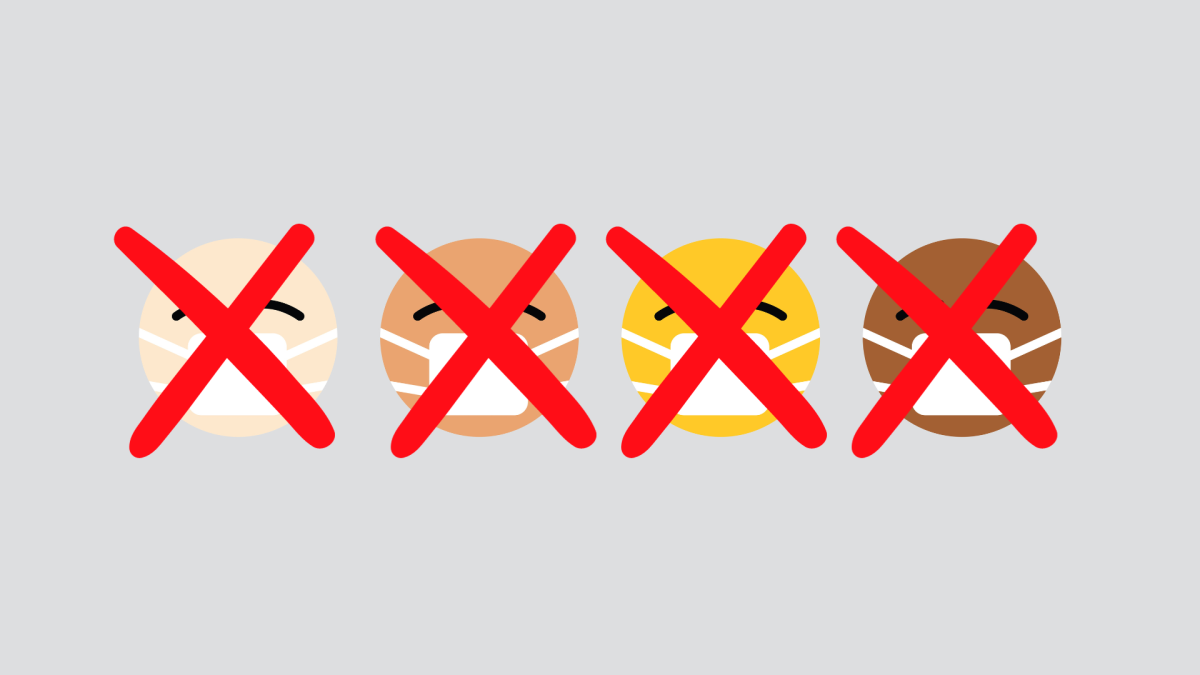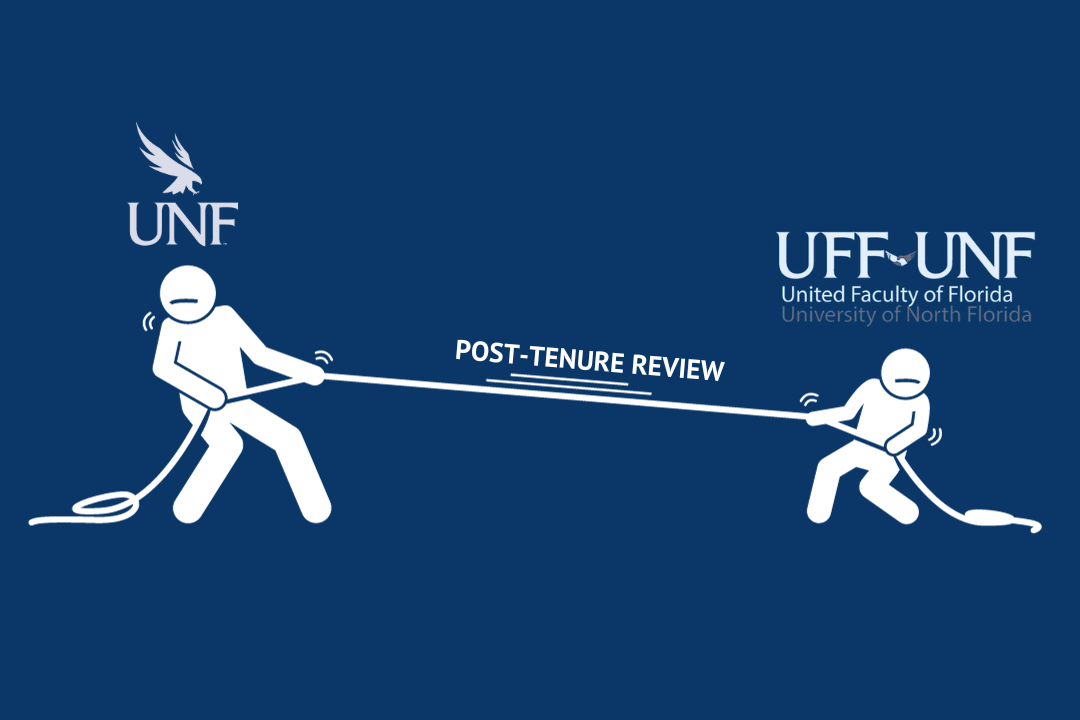True or False: Internet piracy is impossible to stop? False.
The short answer is that the Internet is a complicated and bizarre place that Hollywood and the music industry don’t fully understand. But what does this have to do with YouTube?
Last month YouTube instituted a Content ID policy for all of its users. The system is designed to protect intellectual properties (games, movies, music) from being used to make money by people other than the creators of said products. Unfortunately, gaming channels across YouTube began getting hit with hundreds of copyright claims, with videos being taken down and entire channels being shut down.
How it works: The original creators of the content can ‘flag’ a user’s video if they feel the video is committing copyright infringement on their product. In response, the user can dispute the claim. If the content creator doesn’t respond, then the video will be unflagged. However, if the creator rejects the dispute then the user must file an appeal, only three of which can be filed at a time.
Here’s where it gets stupid — if a user files an appeal and then a copyright strike is placed on the user’s account, then, as the old saying goes: three strikes, you’re out. Essentially you’re guilty until proved innocent in the eyes of the YouTube gods. Even worse, if the appeal is denied then that one strike remaining on your account means no more money coming your way. Section 107 of the fair use section of the Copyright Act of 1976 states “…the fair use of a copyrighted work, including such use by reproduction in copies or phonorecords or by any other means specified by that section, for purposes such as criticism, comment, news reporting, teaching (including multiple copies for classroom use), scholarship, or research, is not an infringement of copyright.”
Who exactly is filing all these copyright claims is a toss up. Numerous gaming publishers have come out on Twitter saying they’re not filing claims against YouTubers who produce video game reviews, walkthroughs, ‘Let’s Plays,’ and such, yet several of the claimants have names like Electronic Arts, Sega and Nintendo. This means that either people are impersonating these companies, or, more likely, the system is sending out automated claims. Game developer Deep Silver said last month it does not support this practice and is backing gamers.
If any of these game publishers were actually sending out these claims, it would be terrible press for them because they know how much attention YouTube videos bring to their products. This is the main reason organizations like Motion Picture Association of America and record label companies are the ones rejecting the claims. These people are part of the “old guard,” so to speak, of the entertainment industry who can’t get over the creation of websites like Napster and Pirate Bay.
What exactly are the content creators claiming? This is the worst part of this whole mess. The few companies that are trying to pursue legal action in these claims such as MPAA and record label companies are claiming entire videos based on sometimes just showing seconds of their content. For example, Angry Joe’s **The Elder Scrolls V: Skyrim** review contained only 17 seconds of a song, yet it was still flagged by Ministry of Sound, who own the song. Another YouTuber TanRu Nomad had one of his videos of a game flagged, but the irony was that it was a video of a game Tan made himself. Even the company Watchmojo.com got its channel taken down abruptly without warning.
Remember not too long ago when the big companies tried to sneak in the famous Stop Online Privacy Act (SOPA) and Protect IP Act (PIPA) into Congress and failed? Well, since they’re so paranoid, online piracy is going to hurt their businesses. They’ve become desperate and greedy — determined to squeeze whatever pennies they can out of the little guy. These companies are relics of an age that has long since passed. And if they fall because they fail to adapt to the digital age, Darwin preached ‘survival of the fittest’ for a reason.












